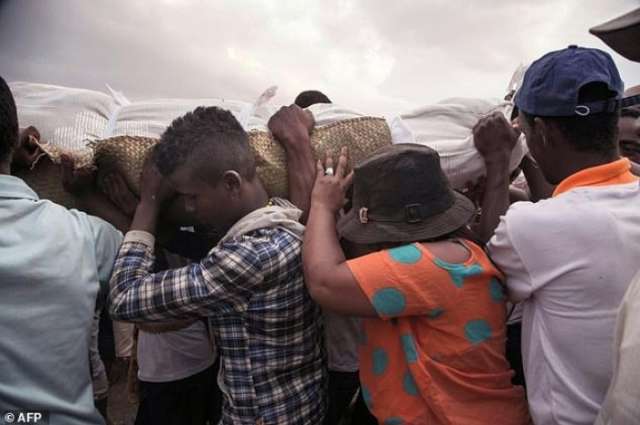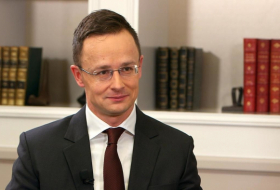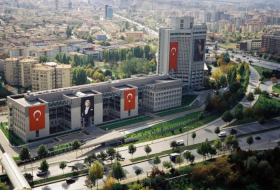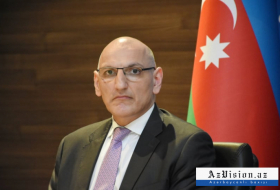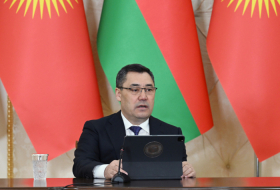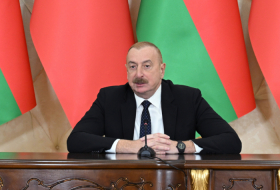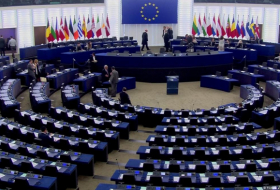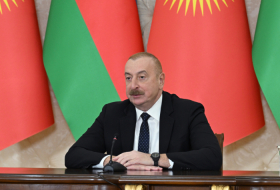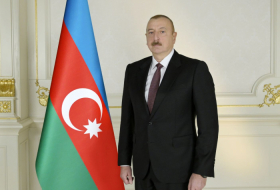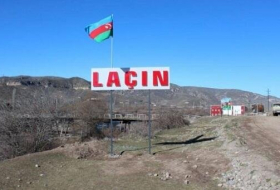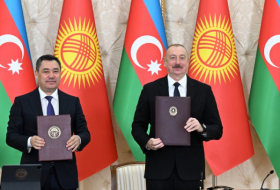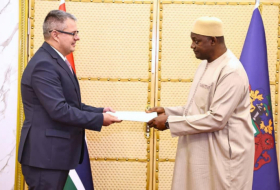Experts fear the ancient ritual has accelerated the spread of plague, which has now infected more than 1,300 people. It has prompted warnings in nine nearby countries - South Africa, Seychelles, La Reunion, Mozambique, Tanzania, Kenya, Ethiopia, Comoros and Mauritius.
At least 93 deaths have been recorded, but UN estimates the toll may already be as high as 124. It is caused by the same bacteria that wiped out at least 50 million people in Europe in the 1300s.
Officials are growing concerned as around two thirds of the cases are suspected to be pneumonic plague - described as the 'deadliest and most rapid form of plague'. It is spread through coughing, sneezing or spitting and can kill within 24 hours.
Willy Randriamarotia, the Madagascan health ministry's chief of staff, said: 'If a person dies of pneumonic plague and is then interred in a tomb that is subsequently opened for a Famadihana, the bacteria can still be transmitted and contaminate whoever handles the body.'
It has been reported as many as 50 aid workers are believed to have been among the people infected. This year's outbreak has struck early, which means it has more time to pick up speed. It has already targeted twice as many people as usual.
To limit the danger, rules enforced at the beginning of the outbreak dictate plague victims cannot be buried in a tomb that can be reopened.
Instead, their remains must be held in an anonymous mausoleum. But the local media has reported several cases of bodies being exhumed covertly.
Despite the serious risks publicised by the authorities, few in Madagascar question the turning ceremonies and dismiss the advice.
Participant Josephine Ralisiarisoa insisted the plague risk had been exaggerated.
'I have participated in at least 15 Famadihana ceremonies in my life. And I've never caught the plague,' she said.
'I don't want to imagine the dead like forgotten objects. They gave us life,' said Helene Raveloharisoa, a regular at the ritual.
More about: #Madagascar








